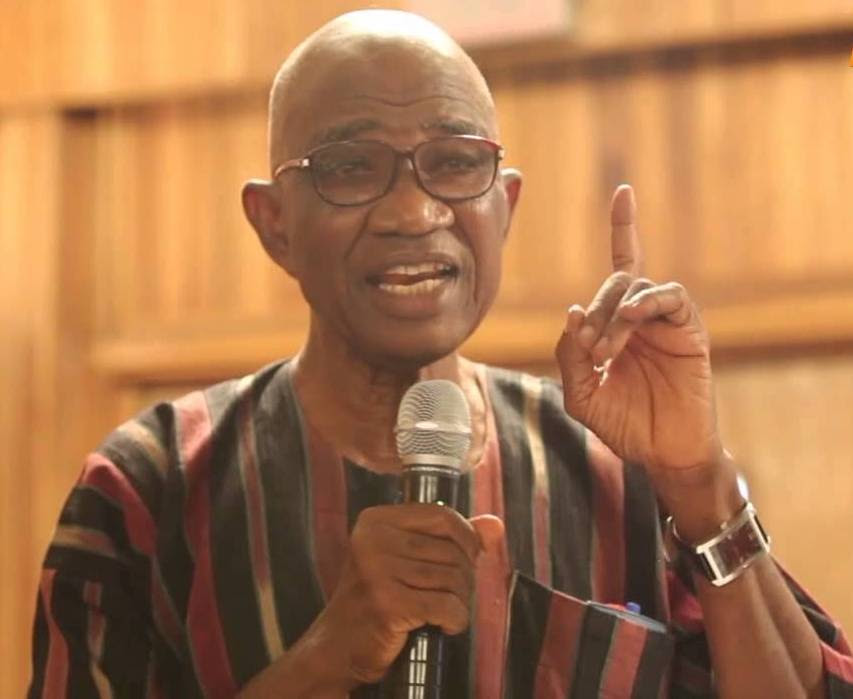
Former Chairman of the Academic Staff Union of Universities (ASUU)), Prof. Omotoye Olorode, at the weekend, charged Nigerians to reject hardship and harsh policies that subvert the sovereignty of the country.
The chieftain of The Peoples Alternative Political Movement (TPAPM), in a statement, yesterday, in Ogbomoso, stated this during the TPAPM #RESIST HARDSHIP public meeting held in Abuja to mark the 10th anniversary of the 2012 Occupy Nigeria mass action.
The don submitted that poor policies by the ruling class over the years are encouraging imperialism and accumulation of wealth by a few. He said: “The frustration among the masses arising from the policies subverting the sovereignty of the Constitution, and ultimately, the sovereignty of our people, is the main cause of the current economic, political, social and cultural chaos and generalised insecurity in Nigeria.”
Olorode continued: “Since the January 2012 uprising against increase in the prices of petroleum products, the different regimes of Nigerian ruling class have started a knee-jack blackmail of accusing our movement of trying to instigate what they call regime change.
“Since then, this blackmail has been brandished each time the Nigerian masses say we are hungry, when they say Nigerians have never been so insecure, when they say Nigerians have never been so divided along tribal and religious lines or so much public resources have never been in so few hands, when they insist that police brutality must end, when Nigerians say it is ruling class’ policies that create and maintain banditry, ritual murders and increased criminality across the country.”
He added: “And this blackmail of instigation of regime change has become so handy, as justification for armed attacks by agents of government against peaceful protesters and increased impunity of secret police, now often completely hooded, and justification for reported disappearances of Nigerian citizens.
“What is getting more worrisome is the adoption and broadcasting of this blackmail in some segments of our movement tagging legitimate citizens’ demand as provoking regime change. We must struggle against this blackmail as vigorously as possible, because it is beginning to provide excuses for bad governance, lack of accountability and impunity in the ruling circles. It is beginning to provide excuses for the progressive subversion of economic, social and civil-rights foundations of both Chapters II and IV of the Constitution.”



